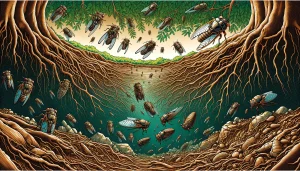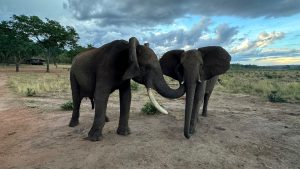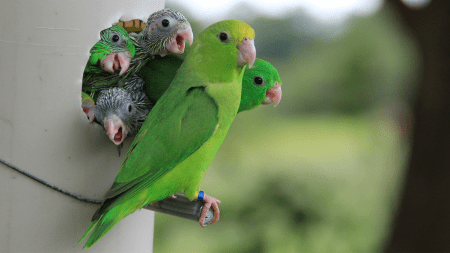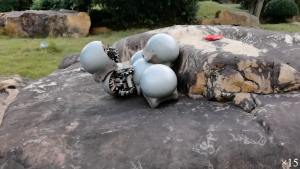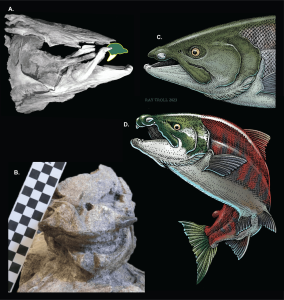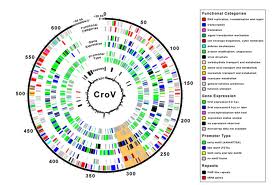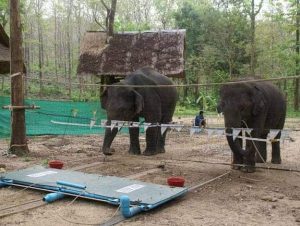Biology
The practice of endurance running for hunting likely started to develop around 2.6 million years ago.
Cicadas are not harmful and they’re quite remarkable.
‘They might be saying: come here, move away, or maybe even smell me.’
Tiger populations throughout the world are facing a dramatic decline, and are faced more and more with extinction; the future looks pretty dire for these amazing creatures, but maybe there is still hope for these magnificent creatures. A recent census conducted in India showed 295 more tigers than last year, which can only be good […]
A 2500 year old British skull is not a major surprise for archaeologists, but a brain inside it, now that’s not your average Kinder surprise. The fact that shrunken fragile organ still exists raises some serious questions about organ preservation and how often researchers can expect to find this kind of things. What’s interesting is […]
Amoebas are the first eukaryotic creatures, they’re about 1.000.000.000 years old, and still exist today, with a myriad of forms and evolutionary tweaks, interspersed with familiar lineages like animals and plants. The general consensus regarding them was that they are asexual, meaning that they just divide on their own and not engage in sexual […]
It is generally believed, and taught in paleontology courses that the oldest evidence of life on Earth is 3.5 billion years old, and was found in Australia, thanks to some bacterial fossils. However, geologists from the University of Texas conducted a study that concluded that the tiny gaps in the Australian chert are nothing more […]
Last year, researchers reported the finding of the biggest virus yet discovered, so big that it has more DNA than some bacteria; fortunately, this big bad guy only infects a small, unicellular organism and is absolutely harmless to humans. However, the same team of researchers comes back with another discovery, that the virus itself can […]
Elephants are absolutely amazing animals, from numerous points of view; they are extremely loyal and loving creatures, they have evolved up to the point where they have almost no natural enemy (except man), and they are smart – very smart ! Joshua Plotnik, a comparative psychologist at the University of Cambridge in England and head […]
Must Read
Latest Posts
Keep updated
Get the latest creative news from FooBar about art, design and business.






